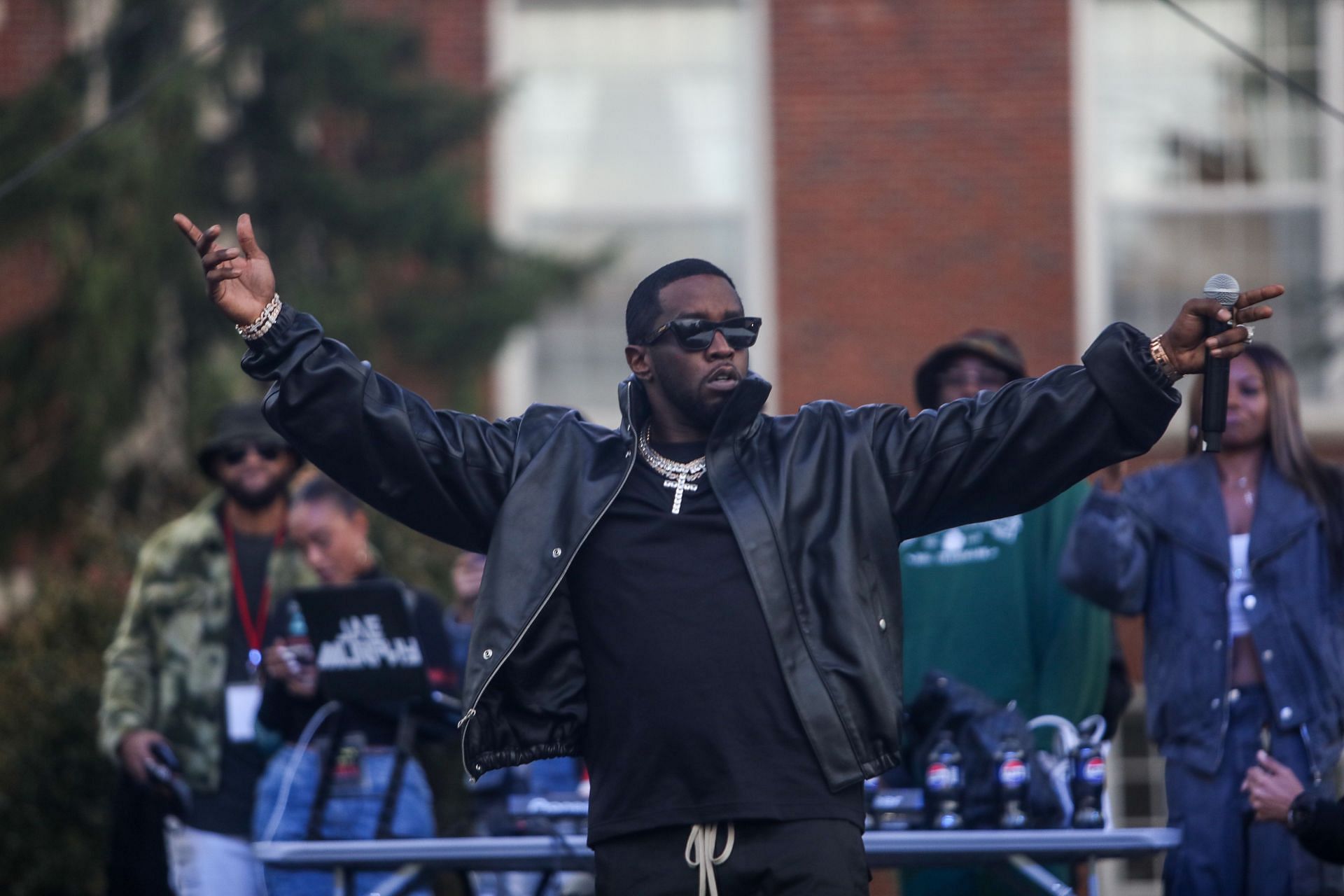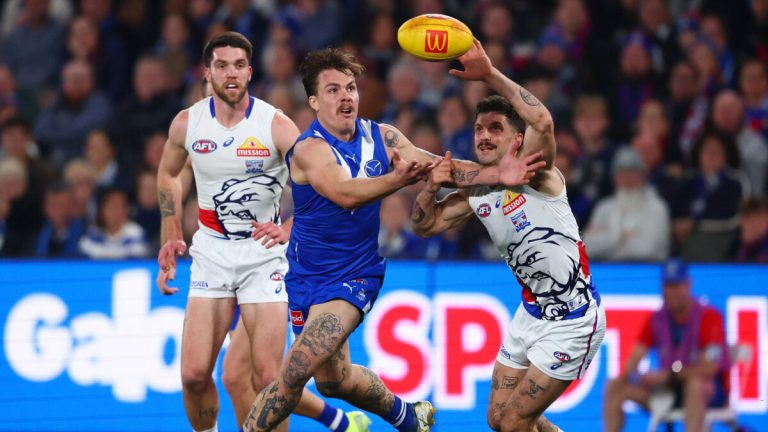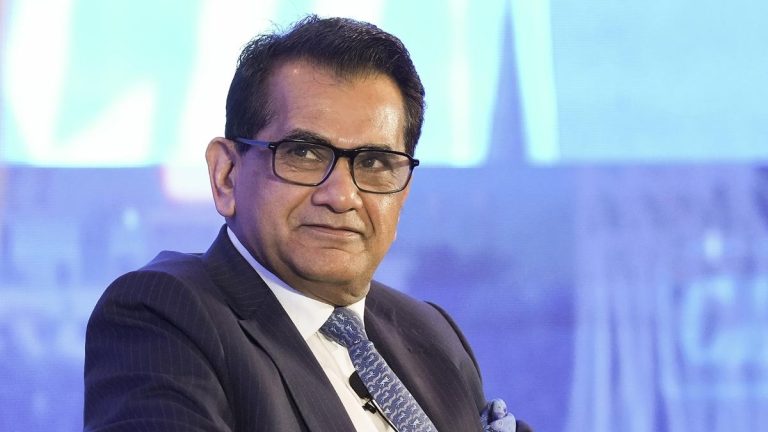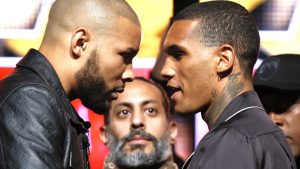As the high-profile criminal trial of hip-hop mogul Sean “Diddy” Combs neared its conclusion, jury deliberations reached a tense and uncertain phase on Tuesday, July 1, 2025, as jurors informed the court that they had reached a partial verdict. However, the jurors remained deadlocked on the rapper’s RICO charges, leading to discussions on the Allen charge, which Judge Arun Subramanian later denied.
According to a report published by The Hollywood Reporter, the jury sent a note to U.S. District Judge Arun Subramanian on July 1, 2025, shortly after 4 p.m. The message revealed that while consensus had been reached on most counts, the jurors were struggling to reach an agreement on the racketeering charge because of “jurors with unpersuadable opinions on both sides.”
This internal divide led to discussions about a potential Allen charge. An Allen charge, often referred to as a “dynamite charge,” is typically issued when a jury reports a deadlock. The charge serves as a judicial instruction urging jurors to re-examine their positions and continue deliberations in hopes of reaching a unanimous verdict.
In this particular case, the Allen charge would have applied solely to the first count Diddy was charged with, which is racketeering conspiracy. However, Judge Subramanian did not issue an Allen charge and told the jury to keep deliberating until they reached a conclusion in the sprawling federal racketeering charges Diddy faced.
“I received your note that you have reached verdicts on counts 2-5 but not on count 1. I ask at this time that you keep deliberating,” Judge Subramanian explained to the jury, as per CNN.
Understanding the Allen charge and its significance in Diddy’s trial
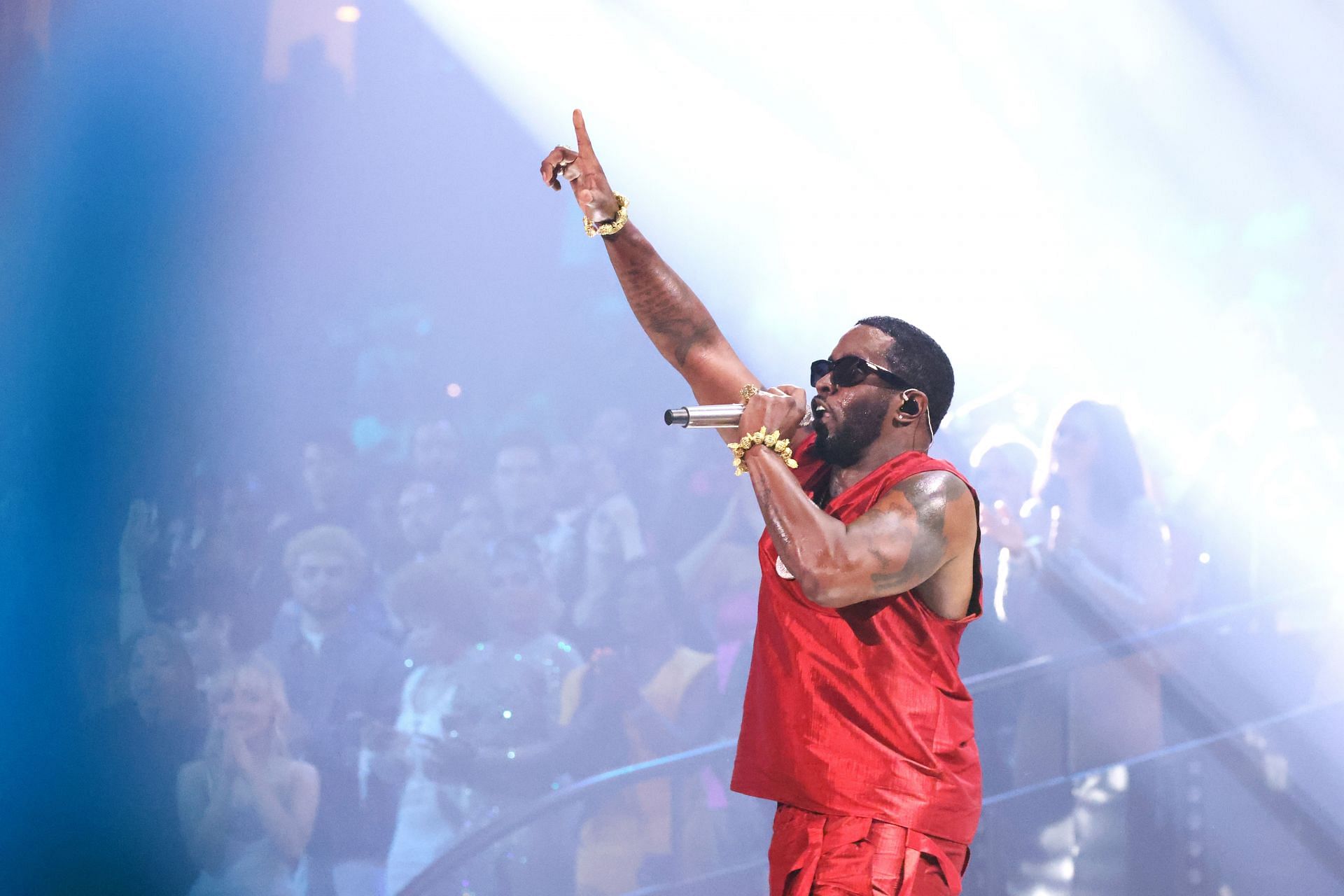

To understand the implications of the deadlock in Sean “Diddy” Combs’ federal trial, it’s crucial to first unpack the legal tool known as the Allen charge.
According to the Fully Informed Jury Association (FIJA), an Allen charge is a special instruction a judge may give to a jury that reports being deadlocked. The goal is to encourage jurors in the minority to reconsider their position and work towards a unanimous verdict.
Named after the 1896 Supreme Court case Allen v. United States, this instruction was originally approved for use in federal cases.
However, as per the FIJA website, the charge has long sparked controversy. Critics have labeled it as “laden with deception” and as a mechanism meant to “browbeat the jury into submission.” Critics have also reportedly warned that the charge can act as “a subtle means of jury ‘coercion,'” pressuring minority jurors to conform to the majority opinion under the weight of an “explicit or implicit deadline,” hence impeding “quality decision-making.”
In Diddy’s trial, when the jury sent a note to the court indicating they were stuck on the RICO charges against the rapper, both the defense and prosecution had differing opinions.
As per The Hollywood Reporter, lead prosecutor Maurene Comey asked Judge Subramanian to issue an Allen charge, urging the jury to try harder to reach a consensus. Meanwhile, lead defense attorney Marc Agnifilo disagreed, stressing that jury deliberations had only lasted “for a day and change” and argued it was too soon for such a strong instruction.
Ultimately, Judge Subramanian refrained from delivering a formal Allen charge at that time. However, he instructed the jurors to continue their deliberations. He also reminded the panel of 12—eight men and four women—of their duty to deliberate without compromising their principles.
“No juror should surrender his or her conscientious beliefs for the purpose of returning a unanimous verdict,” he said, as per The Hollywood Reporter.
What charges did Sean “Diddy” Combs face in his trial?
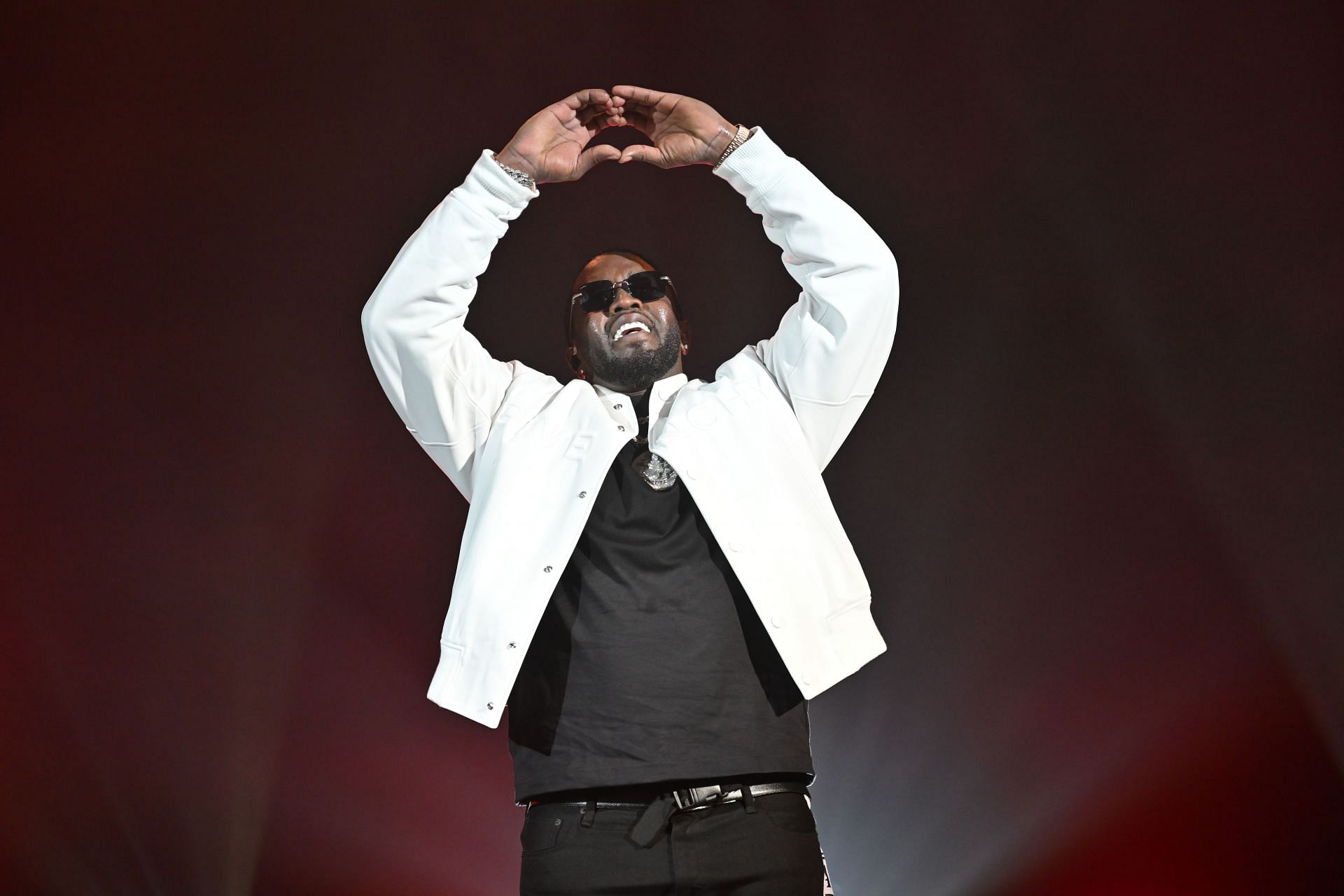
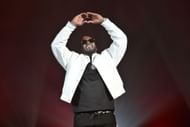
After seven weeks of emotional and often graphic testimony, a jury comprising 12 New Yorkers began deliberations over the multiple charges brought against the 55-year-old rapper Sean “Diddy” Combs. The charges included two counts of sex trafficking, two counts of transportation to engage in prostitution, and one count of racketeering conspiracy.
The first sex trafficking charge concerned Diddy’s former girlfriend, Cassandra “Cassie” Ventura. Prosecutors stated that Combs began grooming Cassie shortly after she signed on to his label Bad Boy Records. Over time, she allegedly became trapped in a cycle of abuse and fear. Cassie testified that Combs often physically abused her and coerced her into participating in drug-fueled “freak offs.”
“I had to do ‘Freak Offs.’ [They] affected my whole life, my career, how I felt about myself, my self-worth,” she said on May 16, as per People magazine.
The second sex trafficking count involved a woman named “Jane,” who testified under a pseudonym to protect her identity. Prosecutors alleged that Combs lured her with promises of luxury, only to exert control over her life and finances.
Diddy allegedly paid her rent and used that financial dependence as leverage to pressure her into “hotel nights,” which were similar to what Cassie described as “freak offs.” Jane testified that this situation created both emotional and financial bondage, leaving her feeling unable to refuse.
“I was just adapting to my circumstances and my environment… the pressures of my lover… I was going along with something I really didn’t feel I could say no to,” she said on June 11, as per USA Today.
Both sex trafficking charges carry a mandatory minimum sentence of 15 years and a maximum of life imprisonment.
As per The Independent, the first transportation charge to engage in prostitution also involved Cassie. Diddy was accused of transporting Cassie and male escorts across state and international borders to participate in “freak offs.” These incidents reportedly occurred between 2009 and 2018 in cities like New York, Los Angeles, Miami, and Ibiza.
The second transportation charge involved Jane. Prosecutors alleged that from 2021 to 2024, Diddy transported her and male escorts across state lines to engage in sex acts.
Both transportation charges carry a maximum sentence of 10 years in prison.
The final charge against Diddy was racketeering conspiracy. Prosecutors accused him of violating the Racketeer Influenced and Corrupt Organizations (RICO) Act through conspiracy.
Prosecutors further argued that Combs led a “criminal enterprise” since 2008, made up of his staff and associates. They claimed that this enterprise had engaged in a pattern of illegal activities, including sex trafficking, kidnapping, forced labor, bribery, arson, and obstruction of justice.
The racketeering conspiracy charge was the most serious of those brought against Diddy and carried a potential maximum sentence of life in prison.
The jury in Sean “Diddy” Combs’ federal trial reached a mixed verdict on July 2, 2025. While the rap mogul was acquitted of the racketeering and sex trafficking charges, he was found guilty on two lesser charges of transportation for prostitution.
Edited by Ankita Barat
